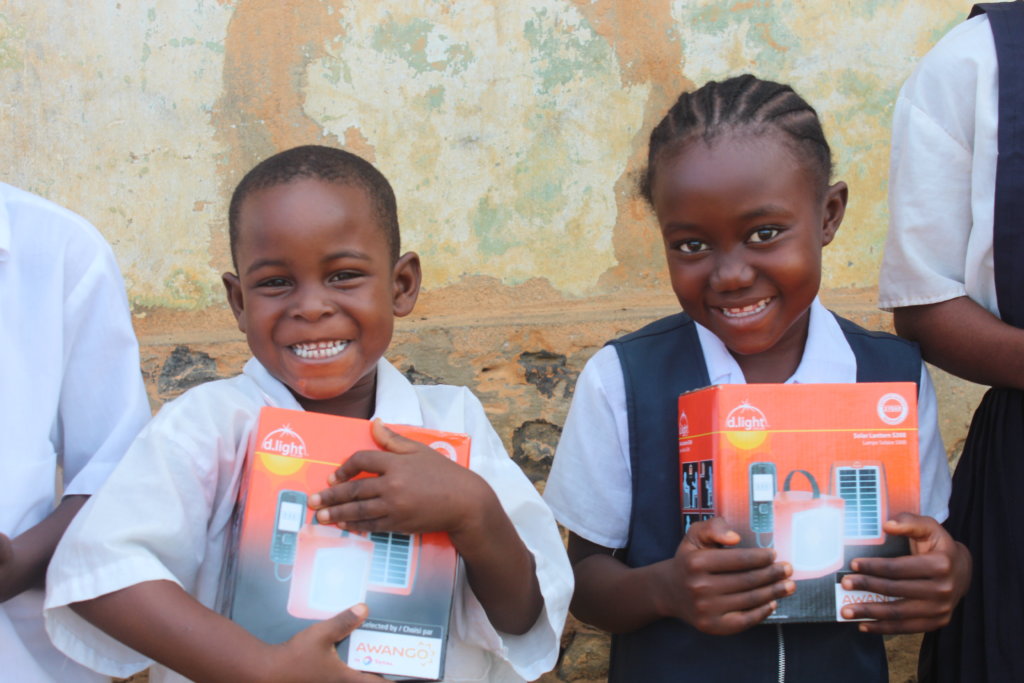- About
- Topics
- Story
- In-Depth
- Picks
- Opinion
- News
- Donate
- Signup for our newsletterOur Editors' Best Picks.Send
Read, Debate: Engage.
| November 11, 2020 | |
|---|---|
| topic: | Renewables |
| tags: | #solar energy, #renewable energy, #empowerment of women |
| located: | Tanzania, Malawi |
| by: | Bob Koigi |
As a result families have had to make do with expensive and harmful sources of energy including kerosene and firewood that continue to take a toll on the population’s health and the environment. This, even as the bulk of the community members continue to live on less than a dollar a day.
Ironically Zanzibar enjoys prolonged sunlight that lasts up to 10 hours a day but remains heavily undertapped. With the rural households spending at least 35 percent of their income on energy needs, the government in its Strategy for Growth and Reduction of Poverty has prioritised infrastructure like transport and energy access to bolster economic growth and end rural poverty.
A new project has as a result tapped the abundance of sunlight to offer clean and renewable energy in form of solar, opening up the island’s hinterlands to more businesses as streets and businesses now operate at night while empowering rural women to earn from the initiative which has further enhanced the economic wellbeing among the rural communities.
Between 2011 and 2015, 13 women were trained in India by Barefoot College, a not for profit organisation, on solar energy operations including assembling, installing, repairing and maintaining various solar components. The training took six months. Upon return to Zanzibar they became master trainers who pass the solar engineering skills to other women in training centers located in rural Zanzibar through a model dubbed Barefoot College Zanzibar. The women are illiterate or semi illiterate.
Since the Zanzibar training centers opened their doors, they have trained 42 women from 22 villages who have in turn installed 958 houses from eight villages with solar energy.
The project has been keen on investing in rural women due to the connection they enjoy with the community members which makes it easy to sell the renewable energy gospel and the pivotal economic roles they play in their families.
“Solar energy provides electricity and reduces carbon emissions which have been among the main sources of diseases to the communities that depend on kerosene lamps. Barefoot College also sees this renewable energy source as a catalyst to create employment, boost income, enhance education and provide self-reliant solutions for village communities. Rural women play a key role in supporting their households and communities in achieving basic needs, offering security, generating income, and improving rural livelihoods and overall well-being which is why this model focuses on them,” said Pendo Daudi, the Country Coordinator of Barefoot College in Zanzibar.
To qualify as a solar engineer a woman must be born in one of the Zanzibar villages and have roots in the area including family and with no plans to leave the area, exhibit leadership qualities which are identified by community members and not have advanced education. The idea, according to the coordinators, is to ensure that women who are regarded as illiterate or semi illiterate get to be empowered through technical training in order to reach even more women in areas where a huge percentage of women have had no access to formal education.
Once admitted to the college the women spend five months of aggressive training learning the various aspects of operating, installing and repairing solar energy equipment. Once done with the training, each woman, who now acquire the title ‘Solar Mama’ is equipped with 50 full solar home lighting systems with each system consisting of a battery, solar panel, a charger controller with USB charging port, four light bulbs and 15 meters for connectivity. The women charge for installation and maintenance of the solar systems which forms part of their income.
The government of Zanzibar is responsible for facilitating the trainings and purchase of solar equipment.
“So far the project has transformed the rural lives of Zanzibar villages by ensuring that children study using solar lamps that do not harm their health and allowing them to study for longer hours without running out of fuel, mothers can cook using solar stoves, uneducated women have been empowered to become engineers in a conservative society where women have traditionally been confined to household chores and people can work and walk at night with their safety guaranteed due to availability of street lights,” added Pendo.
As the project now looks to expand to other countries like Malawi, it is already inspiring other spinoffs meant to empower women including training them on beekeeping, how to earn from bee products and how to produce reusable sanitary pads.
By copying the embed code below, you agree to adhere to our republishing guidelines.

